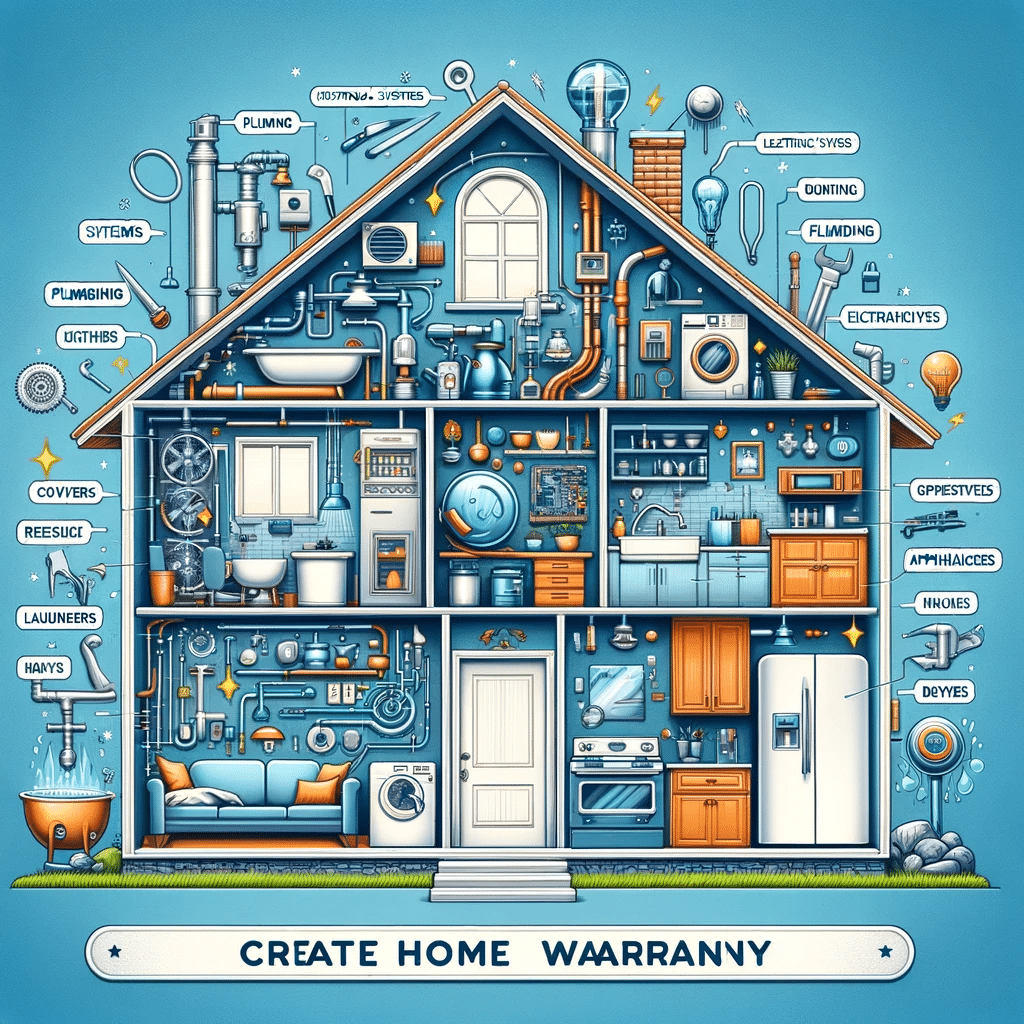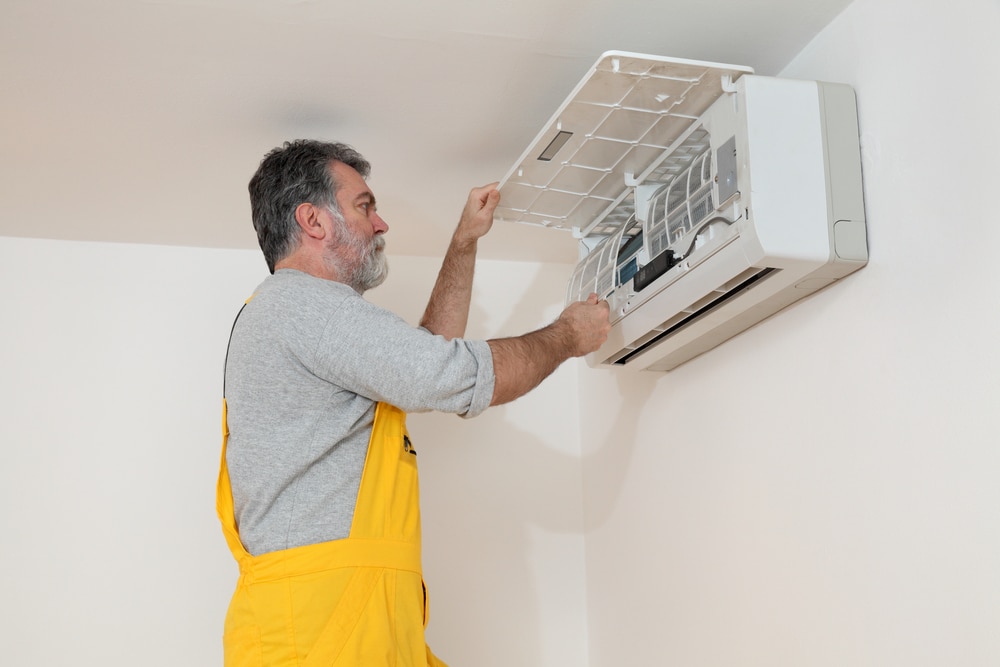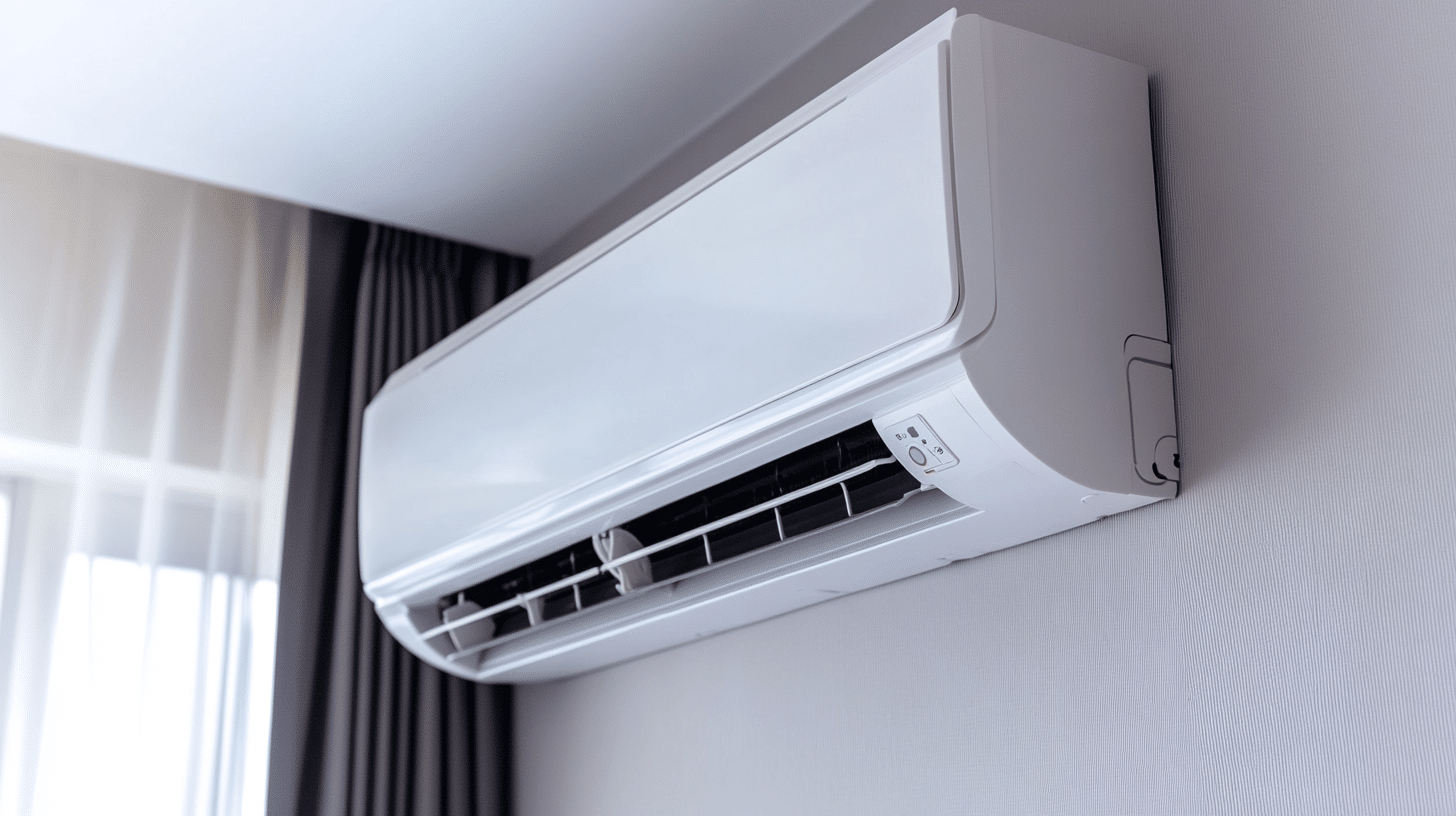What’s the Difference Between a Home Warranty and An Appliance Warranty?
Have you ever fretted over a broken fridge or a malfunctioning HVAC system and wondered who will foot the bill? Enter the world of warranties—specifically, home warranties and appliance warranties. Though often used interchangeably with home appliance insurance, these two aren’t quite the same.
A home warranty broadly covers multiple home systems and appliances, making it a lifesaver for unexpected breakdowns, while an appliance warranty, typically provided by manufacturers, focuses on specific gadgets. Stick around as we dive into the nitty-gritty of both, helping you decide which one might be your home’s new best friend.
Understanding Home Warranties
What is a Home Warranty?
A home warranty, also known as home appliance insurance, is a contractual service agreement that covers the repair or replacement of home systems and appliances that fail due to normal wear and tear.
Purpose: It is designed to protect homeowners from unexpected, costly repairs or replacements not covered by homeowners insurance, which typically addresses damages from external events like fire or natural disasters.
Coverage Details: What’s Included?
Major Home Systems:
- HVAC (Heating, Ventilation, and Air Conditioning): This policy covers the cost of repairs or replacements for HVAC units that fail due to age or use.
- Plumbing Systems: Includes coverage for repairs to pipes, drains, and plumbing fixtures.
- Electrical Systems: Protects against the costs of fixing electrical wiring, panels, and switches.
Home Appliances:
- Kitchen Appliances: Refrigerators, dishwashers, ovens, and microwaves might be included.
- Laundry Appliances: These commonly include washing machines and dryers.
Additional Coverage: Some plans may also cover more specialized items, such as garbage disposals, ceiling fans, and garage door openers.
Why Consider a Home Warranty?

A home warranty can be particularly beneficial for owners of older homes where systems and appliances may be more prone to breakdowns.
It reduces the financial impact of repairs and replacements, which could amount to significant sums if multiple items or systems fail quickly. This protection ensures that homeowners can address these issues without major out-of-pocket expenses.
Cost of Home Warranty
Typically, homeowners can expect to pay between $300 to $600 annually for a home warranty plan. The price varies based on the breadth of coverage and the provider. There are a lot of home warranty companies, but based on our research the best rated home warranty company is Liberty Home Guard.
Fee Structure:
- Service Fees: Whenever a service technician visits to assess or fix an issue, homeowners pay a service fee ranging from $60 to $120 per visit.
Premiums are the regular payments (usually monthly or annually) made to maintain the warranty coverage.
Factors Influencing Costs
- Plan Type: Basic plans are cheaper but cover less; comprehensive plans cost more but offer broader protection.
- Add-ons: Homeowners can opt for additional coverage for items not included in standard plans, which increases the overall cost.
Why Home Warranties Are Worth It
Protection Against High Repair Costs: One of the primary benefits of a home warranty is its protection against potentially high repair and replacement costs. It provides a buffer that makes such expenses more manageable.
Aging Systems and Appliances: In older homes, systems like HVAC and plumbing are more likely to fail due to age and wear. A home warranty can save homeowners substantial money by covering these costly repairs.
Mitigates Unpredictable Expenses: Homeowners in older properties often face unexpected breakdowns; a warranty can mitigate these surprises financially.
Attract Buyers: Offering a home warranty in the sale of a home can attract buyers by providing them assurance against future problems with the home’s systems and appliances.
Peace of Mind: For sellers and buyers, knowing that a warranty is in place eases concerns about the upkeep and functionality of the home’s integral components.
Understanding Appliance Warranties

Appliance warranties are frequently referred to as manufacturer warranties because the appliance manufacturer typically issues them.
- Purpose: These warranties are designed to protect the purchaser from defects and malfunctions that occur under normal usage within a specified period.
Coverage Limitations
- Specific Parts: Manufacturer warranties often cover only particular parts of an appliance, excluding components prone to wear and tear or external damage.
- Duration: The coverage period is usually limited, often lasting only a few years after purchase.
- Exclusions: Common exclusions include damages caused by misuse, accidents, or unauthorized repairs by non-certified technicians.
Comparison with Home Warranties
Coverage Breadth
- Appliance Warranties are typically narrow in scope, covering only the individual appliance and specific parts. They do not cover issues arising from improper installation or external damages.
- Home Warranties: Offer broader coverage that includes multiple systems and appliances in the home, addressing a wide range of potential problems due to wear and tear.
Impact on Homeowners
- Specificity vs. Comprehensive Protection: Appliance warranties provide targeted coverage for specific items suitable for newer purchases. In contrast, home warranties are more comprehensive, offering an umbrella of protection that is especially beneficial for covering older appliances and systems.
- Cost-Effectiveness: While appliance warranties come at no additional cost with the purchase, home warranties require an ongoing investment but deliver extensive protection, which can be more cost-effective in the long run.
Key Differences
Comparing Coverage: Appliance Warranties vs. Home Warranties
| Feature | Appliance Warranties | Home Warranties |
|---|---|---|
| Scope | Narrow focuses on individual appliances covering specific factory defects. | Broad encompasses a wide range of home systems and appliances. |
| Protection | Item-specific, limited to the appliance purchased. | Whole-home protection covers multiple components. |
| Utility | Useful shortly after purchase for new items. | Provides long-term security against wear and tear. |
Cost Implications
| Cost Factor | Appliance Warranties | Home Warranties |
|---|---|---|
| Initial Cost | Usually included in the purchase, no upfront payment required. | Annual or monthly fees, generally $300 to $600 per year. |
| Maintenance Cost | Limited duration, often short-term without ongoing costs. | Service fees per visit, typically $60 to $120. |
Choosing the Right Warranty
Key Factors for Homeowners: Choosing Between Appliance and Home Warranties
| Factor | Appliance Warranty Considerations | Home Warranty Considerations |
|---|---|---|
| Age of Appliances and Systems | Less relevant as warranties typically cover new items. | Highly relevant for older systems needing comprehensive coverage. |
| Cost Efficiency | Evaluate repair/replacement costs without warranty. | Assess potential repair costs against warranty fees. |
| Coverage Needs | Specific protection for individual, high-value appliances. | Broad coverage including systems like HVAC, plumbing, and electrical. |
Assessing Risk and Value
| Risk Factor | Appliance Warranty | Home Warranty |
|---|---|---|
| Risk of Breakdown | Lower for new appliances, less likely to need coverage. | Higher for aging systems, more likely to need extensive coverage. |
| Resale Value | Generally does not affect resale value. | Can enhance home’s marketability with transferable warranty. |
Case Scenarios
| Scenario | Best Choice | Reason |
|---|---|---|
| New Home Purchase | Appliance Warranty | Manufacturer warranties may suffice initially. |
| Purchasing an Older Home | Home Warranty | Protects against unforeseen repairs in aging systems. |
| Recently Upgraded Home | Mixed Approach | Use manufacturer warranties for new items; home warranty for older components. |
| Rental Property Ownership | Home Warranty | Manages repair costs predictably, maintaining profitability. |
Conclusion
Choosing the right warranty—whether a home warranty or an appliance warranty—depends on individual homeowner needs, the age of their home systems and appliances, and financial considerations.
Appliance warranties are ideal for newer, specific items, offering protection without additional cost. In contrast, home warranties provide broader, more comprehensive coverage for various home systems and appliances, ideal for older homes or those with multiple aging components.
Homeowners should weigh these options carefully, considering immediate and long-term benefits to ensure they select the most cost-effective and protective solution for their home.
For further guidance on enhancing your home’s appeal, consider exploring this beginner’s guide to using interior design software. It can help you visualize and plan your home improvements with ease.







